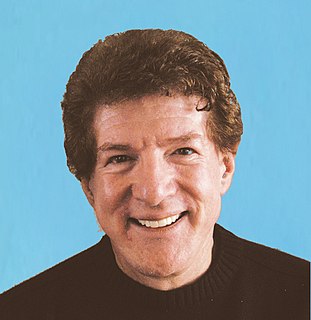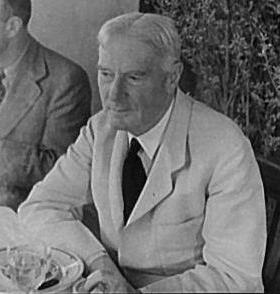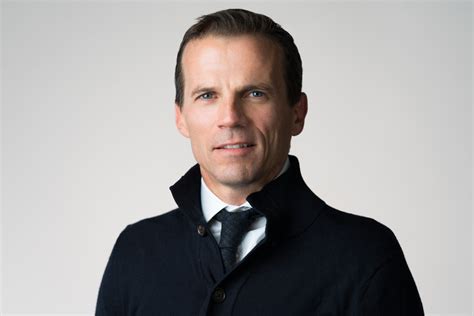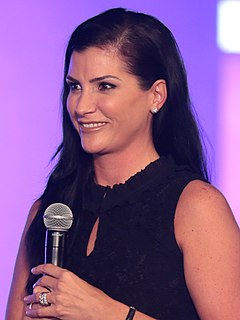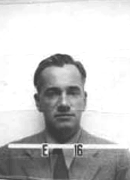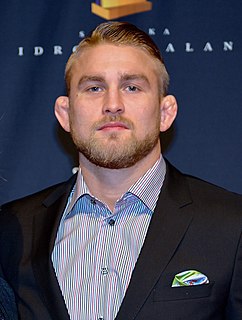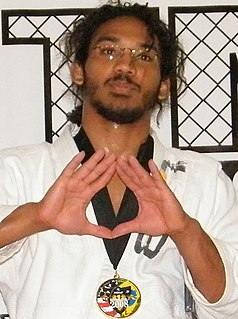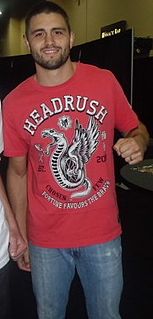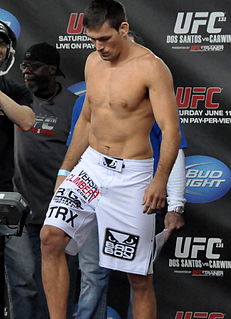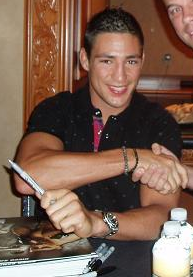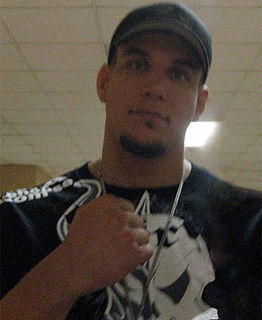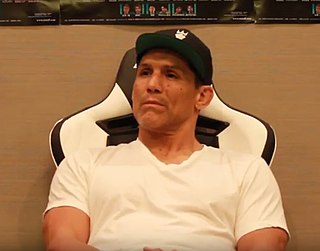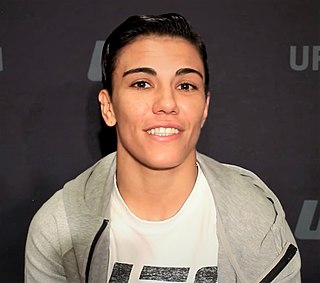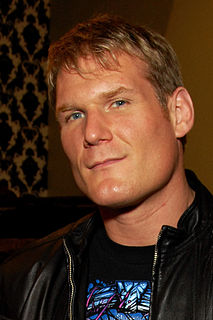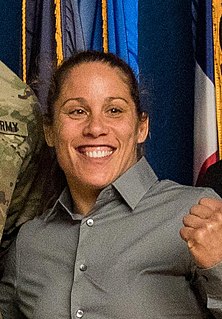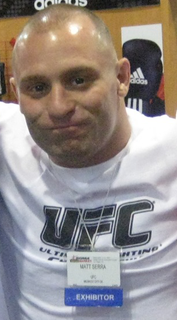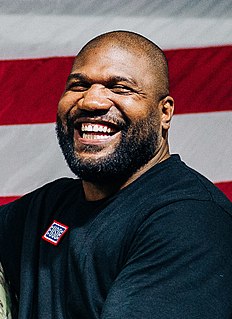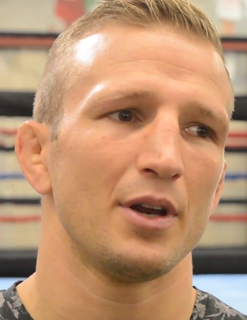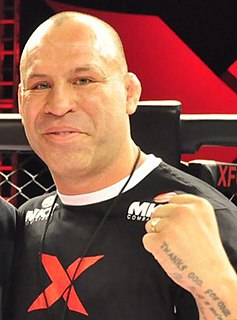A Quote by Bruce Buffer
When you create a nucleus of activity and it starts gaining steam, what you want to do in business is you want to create as many streams or legs out of that nucleus as possible.
Related Quotes
Despite their differences, pride, shame, and guilt all activate similar neural circuits, including the dorsomedial prefrontal cortex, amygdala, insula, and the nucleus accumbens. Interestingly, pride is the most powerful of these emotions at triggering activity in these regions - except in the nucleus accumbens, where guilt and shame win out. This explains why it can be so appealing to heap guilt and shame on ourselves - they're activating the brain's reward center.
First the stalk — then the roots. First the need — then the means to satisfy that need . First the nucleus — then the elements needed for its growth. The seed is a primary cause. The need, the nucleus, both are primary causes. Conditions — they are secondary. Given enough life in the nucleus, it will draw to itself the necessary means for growth regardless of conditions.
Bureaucrats want you to think that the system is too complex because they want you to be stupid about it and uninterested in it. They work very hard to create as many levels as possible away from the simplistic government our Founding Fathers formed for one simple reason: they don't want you to know what they are doing.
We [Frisch and Lise Meitner] walked up and down in the snow, I on skis and she on foot (she said and proved that she could get along just as fast that way), and gradually the idea took shape that this was no chipping or cracking of the nucleus but rather a process to be explained by Bohr's idea that the nucleus was like a liquid drop; such a drop might elongate and divide itself.









